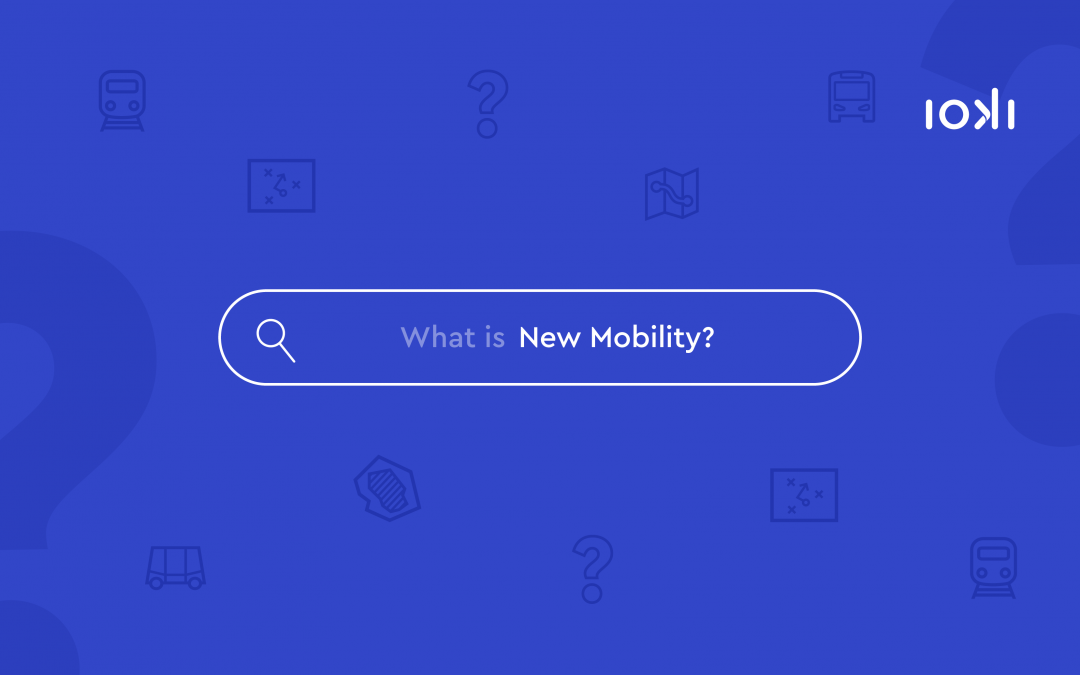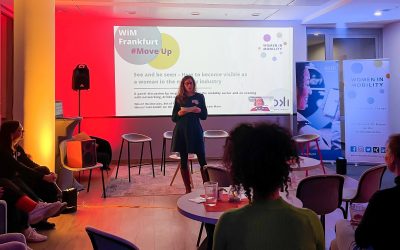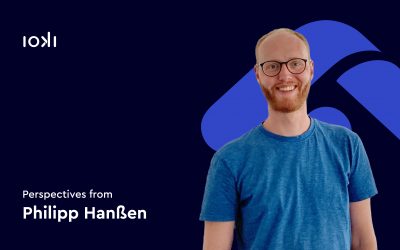Citytech UNextGen is an event, which integrates mobility and innovation with extremely topical subjects, gender and urban planning. It has been an important event for cities and mobility operators for years, as it brings together institutions, companies, associations and various other stakeholders to talk about new mobility solutions that are safe and accessible to everyone.
This year the event focussed on four major topics: Inclusive Mobility & Gender Equity, Mobility-as-a-Community & The New Eco-Mobility System, Walking the City in 15 minutes and the Design of Public Spaces. ioki was participating in the panel discussions about the first two topics.
Inclusive mobility & gender equity
Together with consultants and representatives from universities and municipalities, Laura discussed mobility as a common good and what inclusion means when talking about the mobility. She gained valuable insights into the need for mobility solutions that cater to a diverse range of users, including parents with young children, senior citizens, individuals with disabilities, those with limited language proficiency, women, people of color, and low-income citizens. On-demand services offer more flexibility and comfort to these groups of passengers. By giving them the opportunity to plan and book their journeys individually, public transport is better tailored to their needs. As a result, they are more independent and self-reliant on the road, e.g. if, as with ioki, the carriage of a wheelchair or a stroller can be easily indicated at the time of booking.
For Laura one conversation with an attendee of the event stood out to her:
“I talked with a businessman who uses a wheelchair. Getting to the conference was no easy task for him as taking the metro would mean needing to fear that the lift might not be functional or responsive. It’s also not possible for him to simply call a taxi that can transport his wheelchair, because they are not available and not pre-bookable. Sadly, the end-result was that he almost missed the conference. He shared numerous other instances that highlighted the difficulties he encounters regularly. His experiences left me stunned. I knew accessibility was an issue, but I hadn’t grasped the extent of the obstacles faced by individuals like him.”
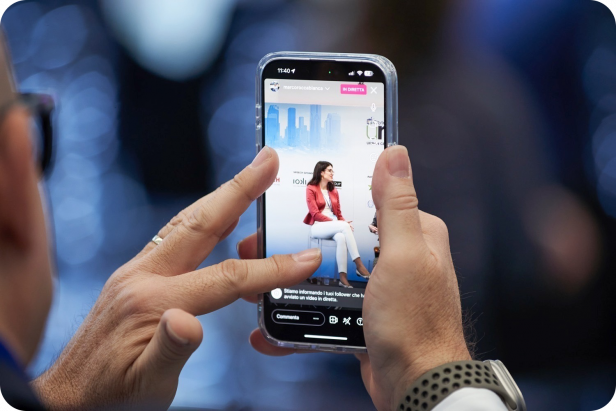
Mobility-as-a-Community (MAAC)
Manuel talked with public transport operators, university and public transport authority representatives about how Mobility-as-a-Community can address accessibility challenges. They discussed improving accessibility in the sense of physical access, for example for people with disabilities but also in the sense of affordability, so for people with low financial means. Beyond that they considered how MAAC could influence the design of cities by reducing the need for parking and promoting the development of pedestrian areas and how this could influence user behaviour in terms of transport choice, frequency of use and travel habits.
One thing that stood out to Manuel during the event was a statement by another attendee:
“People with disabilities didn’t seem to exist before. Of course, they existed also 50-60 years ago when cities were built, rebuilt and planned but it seems that no one cared about them when we look at most of the infrastructure we see today.”
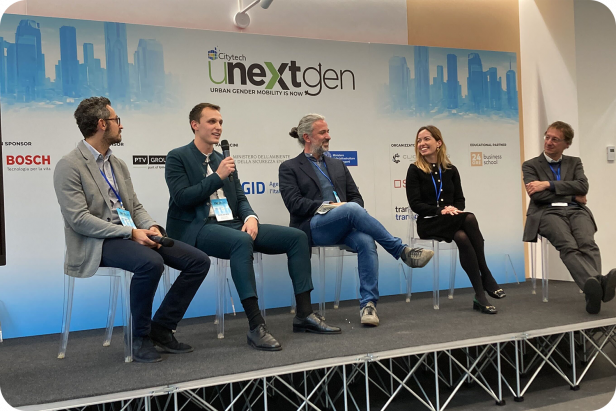
Attending this event and participating in those discussions about the inclusivity of public transport has given us many important impulses for our own work at ioki. Citytech UNextGen clearly shows that we need to widen our scope when talking about new mobility offers and creating solutions that cater to different people with varying needs. That’s why we made sure that these passenger groups were involved in the development of our platform from the very beginning. To get some steps closer to our vision of flexible, user-centered mobility for all. The exchange with people who are themselves affected by inaccessible public spaces is very important and illustrates the need to look beyond one’s own reality when designing new solutions for the future.
Photocredit: © Citytech UNextGen / Clickutilities

